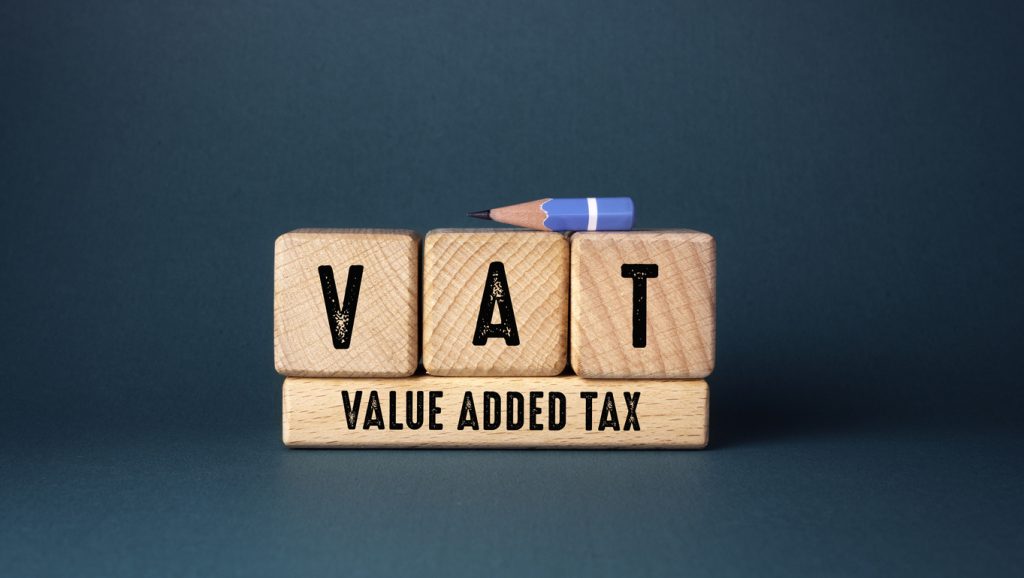
Get in Touch
Our team of accountancy experts are available to speak to you as soon as possible. You can also email us or complete the contact form and one of the team will be in touch.
There are a range of tax allowances that you can claim in the UK, which enable you to make a tax-free income. This is not the same as making a gross income – if you exceed the incomes listed below for your relevant allowances, you will then have to pay the necessary taxes, but you do get to make a certain level of allowance before your tax liabilities kick in.
| Allowance | Who can claim? | How much? (2022/23) |
| Personal Allowance | Anyone earning less than £125,140 | £12,570 |
| Trading Allowance | Anyone who earns self-employed income | £1,000 |
| Capital Gains Tax Allowance | Anyone making profit from selling assets | £3,000 |
| Marriage Allowance | Spouses/civil partners – one earning >£12,500, the other >£50,270 | £1,260 |
| Property Allowance | Landlords, most often buy-to-let landlords | £1,000 |
| Rent a Room scheme | Live-in-landlords | £7,500 |
| Dividend Allowance | Anyone who’s earned dividends | £1,000 |
Frequently Asked Questions
-
Is net income the same as take-home pay?
Yes – take-home pay is the colloquial name for net income, the amount that you actually receive from your salary after deductions.
-
Is my salary net income or gross income?
Your salary is your gross income. For example, if your salary is £24,000, this is your gross pay, but you won’t actually receive £24,000 into your bank account each year. You’ll receive your net income – £24,000 gross income minus deductions.
Search More Terms
View our latest news & insights






